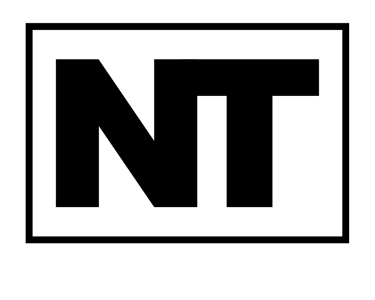Work-in-Progress
In my ongoing research, I am continuing to explore how novel technologies such as artificial intelligence and robotics can shape consumers' experiences in a variety of domains, including food consumption and learning. As I explore these substantive issues, I've also become interested in how we study people's behaviours, and how we can make better inferences. In several on-going projects, I'm focusing on methodological issues in our field, such as how Bayes Factors may offer important benefits to researchers in marketing, and whether today’s ever-growing sample sizes might be distorting inference when using NHST.
Impact of Technology on Consumption Experiences
In the past decade, the way we experience and consume things has changed dramatically. Whether it’s something as personal as how we eat or as fundamental as how we learn, technologies like AI, robotics, and video calls have become part of the everyday. I’m interested in how these changes are affecting the way we consume and engage with the world around us.
Project 1: Online Education And Personality
Project 2: Succeeding in Online Education
Project 3: Video Effects and Online Learning
Project 4: Robotics in the Foodservice Industry
New Methods in Consumer Research
The past decade brought major changes in how we study consumer behavior. New technologies make it easier than ever to collect large datasets, and to engage in open science practices. Technological advances also make it possible for us to rethink how we analyze our findings. My goal is to explore how we can do better research in consumer behaviour by making the most of these new tools and opportunities.
Project 1: Bayes Factors and the Field of Marketing
Project 2: Sample Sizes in Consumer Research
Project 3: Open Science Practices
